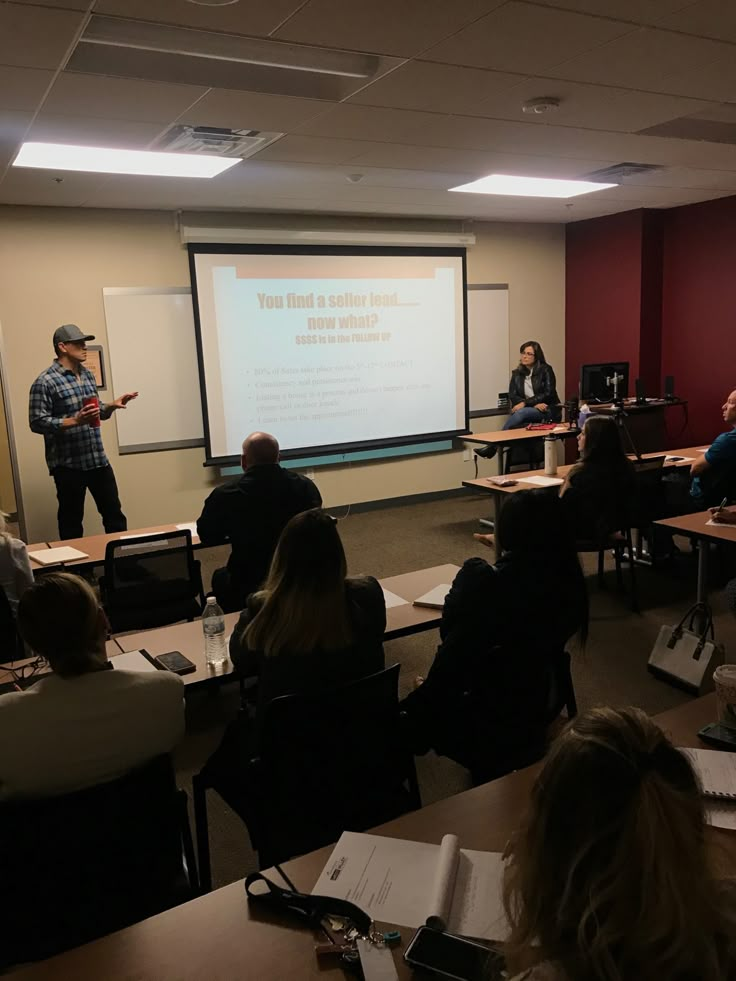Every student wants a better CGPA, but many feel it is hard to achieve, especially when juggling different courses, assignments, and personal challenges. The good news is that improving your CGPA is possible, and it does not matter what course you are studying. Whether you are in engineering, business, medicine, art, or social sciences, there are simple steps you can follow to raise your grade point average. You do not need special skills or natural brilliance. What you need is a clear plan, consistency, and the right habits. This guide explains how you can boost your CGPA in a simple and practical way.

The first thing to do is to understand where you currently stand. Many students want better grades but do not take time to look at their academic record. Go through your results and see which courses are dragging your CGPA down. Understanding your weak points gives you a clear direction. You will know the courses that need extra effort and the ones you are already doing well in. When you know your current level, you can create a better strategy for improvement.
Setting clear and realistic goals
For example, if your CGPA is 2.8 and you want to reach 3.5, break it down into smaller targets. Decide the grades you need in each semester to reach that goal. Writing down your goals also helps you stay focused. Goals create a sense of direction and remind you why you need to put in the effort, even when you feel tired or discouraged.
One of the most important habits that improves CGPA is attending classes regularly. Some students skip classes because they think they can always read the materials later, but being present in class helps you understand better. When you listen to your lecturer explain topics, you get clarity, examples, and hints about what might come out in exams. Class attendance also helps you ask questions on areas that seem confusing. Even if you feel tired or the course looks difficult, make it a habit to show up.
Time management
It also plays a big role in boosting your CGPA. Most students struggle with balancing reading, personal activities, and social life. You can fix this by creating a simple weekly schedule. Set aside time for studying, attending classes, doing assignments, and resting. If you manage your time well, you will avoid last-minute stress. A planned schedule helps you stay ahead of deadlines, which means you can submit better assignments and prepare early for tests.
Reading early is another strong way to improve your CGPA. Many students wait until exams are close before opening their books, which leads to confusion and pressure. Instead, try reviewing your notes after each class. When you read early, you understand the topics better and have time to ask for help if something is not clear. Reading in small bits every week makes the workload lighter, and it helps you remember more during exams.
Understanding your learning style
This can also make a big difference. Some students learn better by reading silently, others by explaining to someone else, watching videos, or writing notes repeatedly. Find what works best for you and use it to study effectively. When you know your learning style, reading becomes easier and faster.
Ask questions
Do not underestimate the power of asking questions. When you do not understand a topic, ask your lecturer or classmates. Many students keep quiet because they feel shy, but asking questions shows interest and helps you gain clarity. Discussions with friends can also deepen your understanding. Study groups are useful, especially when everyone is serious and focused.
Completing assignments on time and taking them seriously may seem small, but they add to your overall grade. Most courses give marks for assignments, tests, and attendance. These small marks can increase your final grade. Always try to submit neat and complete assignments. If possible, start early so you have enough time to prepare quality work.
It is also important to avoid distractions. Phones, social media, and friends can take a lot of your study time. You do not have to cut off everything, but learn to control them. When it is time to read, keep your phone aside or turn off notifications. Focus for at least 30 to 45 minutes at a time, then take short breaks if needed. Reducing distractions helps you understand faster and finish your reading on time.
Your environment matters too. Reading in a noisy or uncomfortable place affects your concentration. Choose a quiet and clean place where you can stay focused. Some people prefer the library, while others prefer their room. Pick what works for you and make it your regular study spot.
Healthy habits support better academic performance. Your brain needs rest, water, and good food to function well. Do not stay awake all night reading and expect your mind to be sharp the next day. Resting well helps your memory. Eating balanced meals and staying hydrated keeps your mind active. Even short exercises like walking can help you feel fresh and energetic.
Review past questions
Past questions show how your lecturer sets exams and the areas they focus on. Practicing past questions helps you understand the pattern and prepare better. When you attempt them without checking the answers first, you train your mind to think the way examiners expect.
If you are struggling in a particular course, do not be afraid to seek extra help. You can meet your lecturer, a tutor, or a senior student who understands the course. Getting help early prevents the problem from getting bigger. Many students wait until the end of the semester, which makes it harder to catch up.

Summary
Stay positive and patient. Improving your CGPA does not happen overnight. It takes time and steady effort. Do not feel discouraged if you do not see changes immediately. Celebrate your small progress and keep moving. When you maintain a positive mindset, you stay motivated to do more.
Boosting your CGPA is possible for any student, no matter the course. It requires understanding your current level, managing your time well, attending classes, studying early, staying healthy, asking questions, reducing distractions, and staying consistent. When you follow these steps with dedication, you will start noticing improvements in your grades. Your CGPA can rise higher than you expect, as long as you stay committed and take each step seriously.




